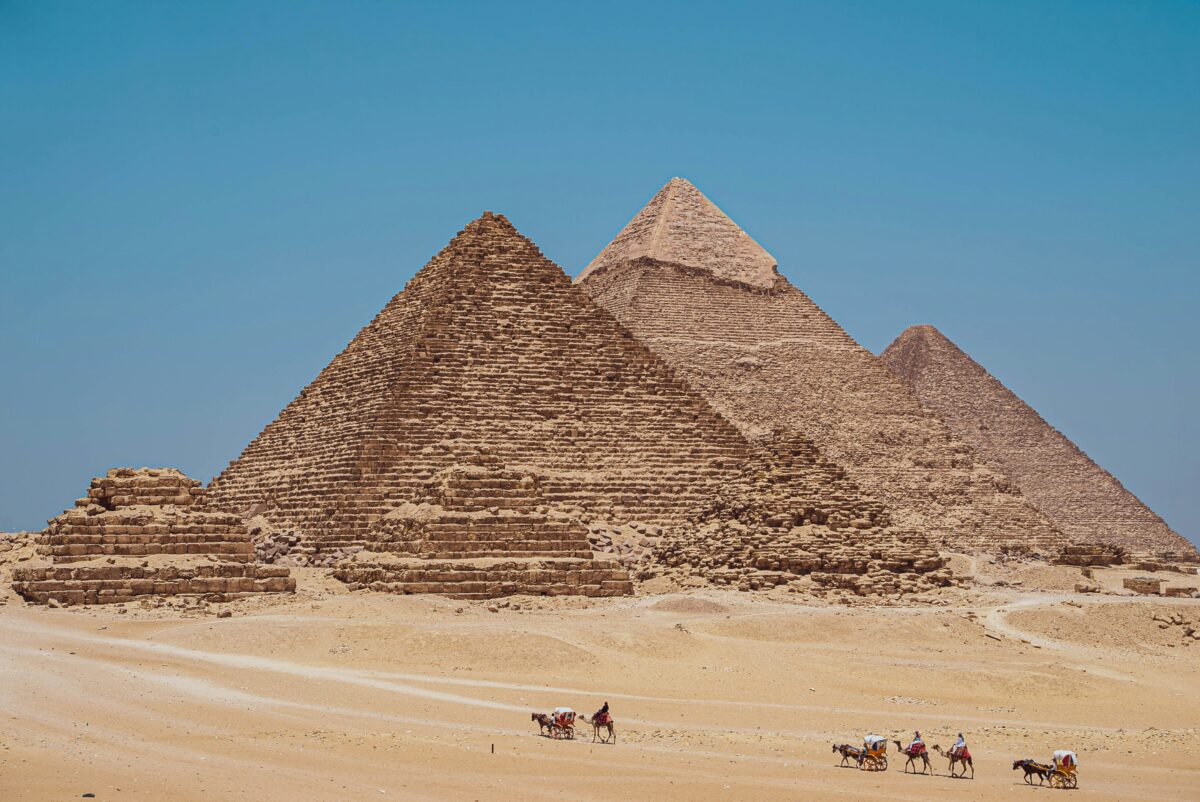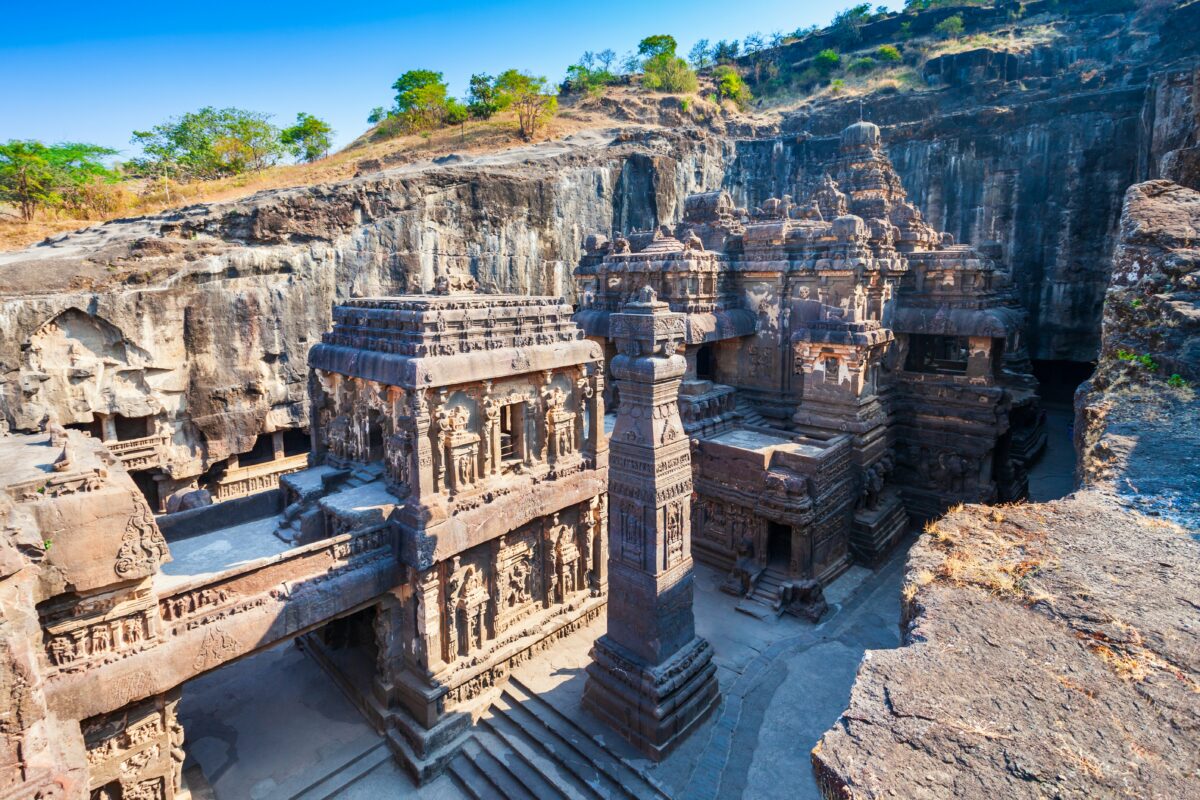What to Know When Camping Abroad
Camping abroad offers an exciting opportunity to explore new landscapes, immerse oneself in nature, and experience different cultures. However, camping in a foreign country requires careful planning and consideration to ensure a safe and enjoyable adventure. From understanding local regulations to packing essential gear, this article explores key factors to know when camping abroad.
Researching Destination and Regulations:
Before embarking on a camping trip abroad, it’s essential to research the destination thoroughly. This includes understanding the local climate, terrain, and wildlife, as well as any specific regulations or permits required for camping in the area. Some countries have strict rules governing wild camping, while others may require permits for designated campsites.
Additionally, campers should familiarize themselves with local customs and etiquette to ensure respectful interactions with residents and fellow campers. Understanding cultural norms regarding noise levels, waste disposal, and campfire usage can help prevent misunderstandings and promote positive interactions with the local community.
Choosing Suitable Accommodation:
When camping abroad, travelers have several accommodation options to consider, ranging from traditional tent camping to glamping and RV camping. Each option offers unique advantages and considerations, depending on factors such as budget, comfort level, and desired amenities.
Tent camping allows for a more immersive outdoor experience, allowing travelers to connect with nature and enjoy the tranquility of remote locations. However, campers should ensure they have suitable gear, including a durable tent, sleeping bag, and camping stove, to withstand varying weather conditions.
For those seeking a more luxurious camping experience, glamping (glamorous camping) provides the comforts of home in a scenic outdoor setting. Glamping accommodations often include spacious tents, comfortable bedding, and access to amenities such as private bathrooms and gourmet meals.
RV camping offers the convenience of traveling with a mobile home, allowing campers to explore multiple destinations without the hassle of setting up and taking down a tent. However, travelers should be aware of size restrictions, road regulations, and campground availability when planning an RV camping trip abroad.
Packing Essential Gear and Supplies:
Packing the right gear and supplies is essential for a successful camping trip abroad. In addition to basic camping equipment such as tents, sleeping bags, and cooking utensils, travelers should consider bringing items that are specific to their destination and activities.
Essential gear for camping abroad may include:
- Insect repellent and sunscreen to protect against bugs and sunburn.
- Portable water filter or purification tablets to ensure access to clean drinking water.
- Navigation tools such as maps, compasses, and GPS devices to navigate unfamiliar terrain.
- First aid kit with basic medical supplies for treating minor injuries and illnesses.
- Travel insurance to provide coverage for unexpected emergencies or accidents.
Respecting Nature and Leave No Trace Principles:
When camping abroad, it’s important to respect the natural environment and follow Leave No Trace principles to minimize impact and preserve wilderness areas for future generations. This includes packing out all trash, avoiding damage to vegetation, and minimizing campfire impacts.
Campers should also be mindful of wildlife and take precautions to prevent encounters with potentially dangerous animals. This may include storing food and trash securely, keeping a safe distance from wildlife, and following any guidelines or regulations provided by local authorities.
Takeaway:
Camping abroad offers a unique opportunity to connect with nature, explore diverse landscapes, and immerse oneself in different cultures. However, it’s essential to research the destination, understand local regulations, and pack essential gear to ensure a safe and enjoyable camping experience.
By choosing suitable accommodation, packing the right gear and supplies, and respecting nature and Leave No Trace principles, campers can make the most of their camping adventure abroad while minimizing their impact on the environment. With careful planning and consideration, camping abroad can be an enriching and unforgettable experience for outdoor enthusiasts of all ages.












